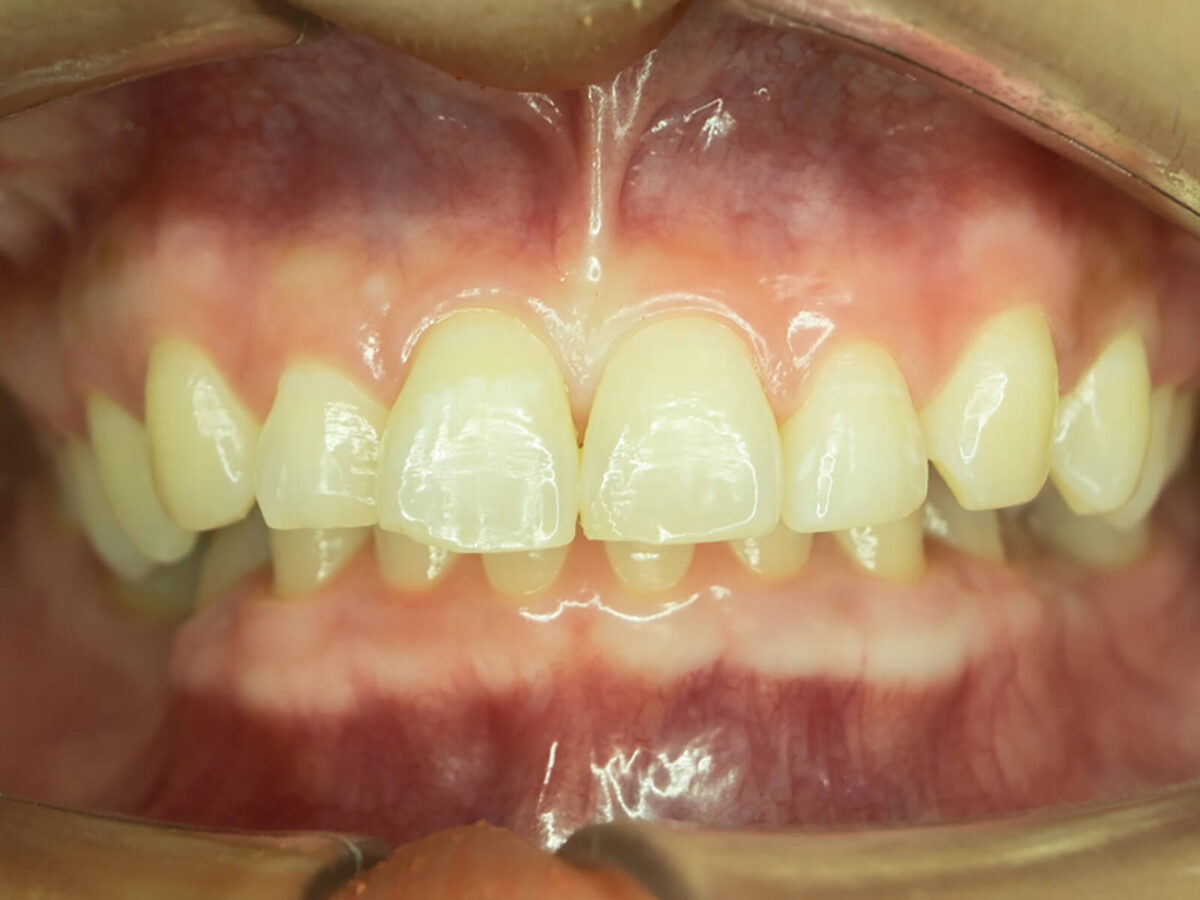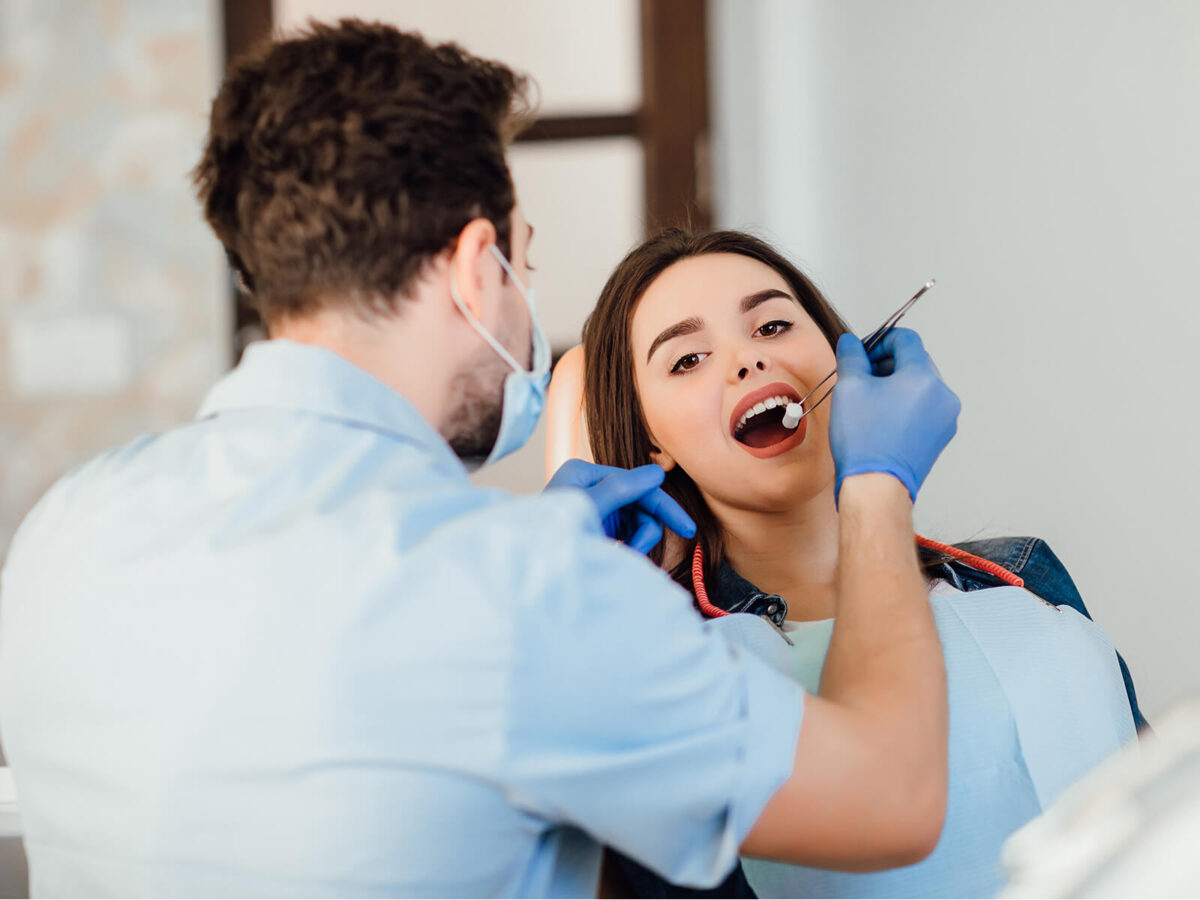Gingival pigmentation is a harmless trait that can appear in different parts of the mouth and affect the oral mucosa. Various factors can cause this condition; depending on the diagnosis, there are different treatment methods.
These melanotic macules are dark or brown pigments that build up in the oral mucosa. They can be found in free or attached mucosa and are caused by melanocytes in the basal layer of the epithelium. The surrounding epithelial cells and connective tissue are then taken in.
Melanin production can be considered either natural or linked to cancer. Lesions can be bothersome for patients, especially those who already have problems with their looks, like high smile lines. Huffman Dentist TX can help you get rid of these problems.
Causes of Gingival Pigmentation
There are many causes of gingival pigmentation. Common ones include:
- Ulcers: This dangerous gum infection can produce poor breath, fever, and aching gums. Black or gray dead tissue can build up on gums, causing discoloration.
- Melanin: More melanin means darker hair, skin, and eyes. High melanin levels might also result in naturally darker gums.
- Smoking: Smoking is a significant cause of gum darkening because tobacco nicotine increases cell melanin production.
- Medication: Most drugs cause side effects. Some medications can discolor gums and other tissues.
Getting Rid of Gingival Pigmentation
Periodontal disease causes excessive oral bacteria, causing acute necrotizing ulcerative gingivitis or trench mouth. A few of the treatments suggested by Huffman Dentist TX for reducing gum coloration are –
- Professional Dental Cleaning:
The first thing to do to treat gum discoloration is to get your teeth cleaned by a professional. This will remove tartar and plaque that has built up on your teeth and gums, which is a great way to avoid getting black lips. - Gingival Depigmentation Procedure:
Gingival depigmentation treatment is usually used to treat dark spots on the gums. The dentist uses a laser or scalpel to remove the colored layer from the lips, revealing their lighter, more natural color. - Topical Gingival Treatments:
Some people use physical treatments, such as chemical peels or whitening chemicals, to make their gums look better when they have dark spots. Some methods that dentists offer might help make pigmentation less noticeable. - Good Oral Hygiene:
Regular brushing and flossing are two important parts of good oral health that can help stop the buildup of tartar and plaque, which can cause gingival pigmentation. Also, regularly checking your teeth can help you find problems before they worsen. - Routine Lifestyle Changes:
Two things that can change your lifestyle and cause gingival pigmentation are smoking and eating tobacco. Quit these ill habits to keep your teeth healthy and stop gums from turning dark. Hence preventing any type of pigmentation.
Talking to a dentist is the only way to find the best treatment for gingival coloring. After they evaluate you, they can tell you what kind of therapy will work best for you.
Surgical Depigmentation of Gums
Laser gum depigmentation burns off and removes a thin layer of gum tissue, killing the cells that make melanin. While you heal, your body makes new tissue, usually pink instead of brown. A local anesthetic injection may be needed for the treatment.
The recovery time is short, and the pain is doable. Depending on the color and depth of the dark spot, it may take more than one session to get the level of brightening you want. Huffman Dentist TX is one of the most up-to-date laser technicians for this treatment.
Conclusion
Laser therapy, surgical excision, and chemical depigmentation can eradicate gingival pigmentation. Consulting with a Huffman dentist in TX is essential to finding the best procedure for meeting individual needs and preferences.


